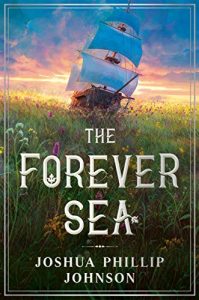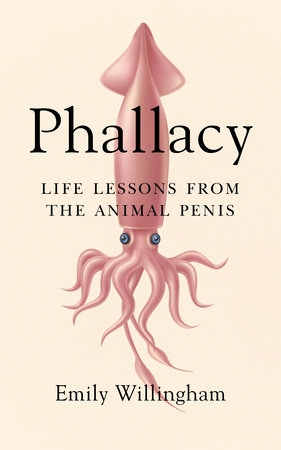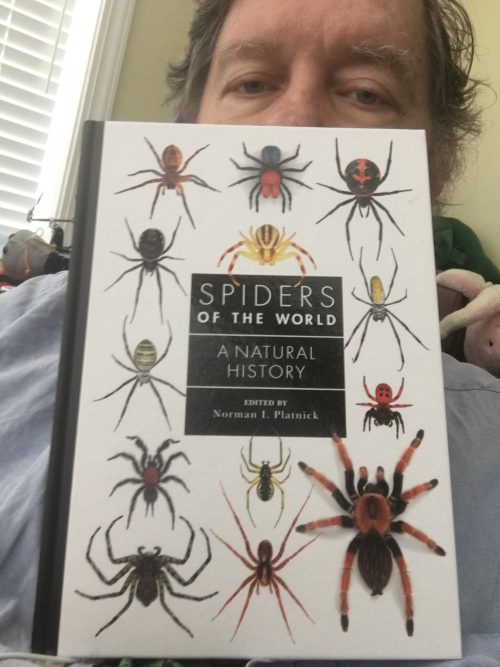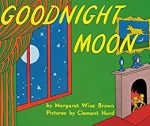They’re monsters, I tell you. They team up with publishers and become real horrors. My colleague here at UMM, Josh Johnson, has written a book I’ve been looking forward to for a while, The Forever Sea, and I get the alert this morning that it has been automatically downloaded into my Kindle app. Today! 19 January! The first day of spring semester classes! So now it’s going to be sitting there, taunting me, and I’m not going to be able to get to it for a while.
Did he do this intentionally, knowing what our academic calendar looks like? Does DAW books routinely torment their academic clients with this kind of scheduling? Temptation is unkind.
The first book in a new environmental epic fantasy series set in a world where ships kept afloat by magical hearthfires sail an endless grass sea.
Hah. The first book in a series. We’ll get even — he’s going to have to write more books while holding down a teaching load!
Since I haven’t read it yet, you’ll have to get by with the testimonials of those who have.
“I can rarely remember being this excited for a debut novel. This was everything I wanted it to be. Wind-swept prairie seas, pirates, magic, and found families.” —Mary Robinette Kowal, Hugo, Nebula, and Locus Award-winning author of the Lady Astronaut series
“Richly imagined and beautifully written, with a highly original and very creepy magic system—The Forever Sea is wonderful.” —R. F. Kuang, Astounding Award-winning author of The Poppy War
“Loved The Forever Sea. Loved it. Sheer joy.” —Joanne Harris, internationally bestselling author of Chocolat
“A beautifully imagined dive into the unknown.” —G.V. Anderson, World Fantasy Award winning author of “Das Steingeschöpf”
“Beautifully lyrical and imaginative, Johnson’s debut sings a twisting tale of adventure full of diverse characters and a lush world ripe to fall in love with. With a heart that will haunt you, this ecopunk story is unlike any you’ve seen before.” —Linden A. Lewis, author of The First Sister
“Lush descriptions of plant life abound… When combined with the exceptional protagonist and themes of embracing the unknown, [The Forever Sea] calls to mind Ursula K. Le Guin’s Earthsea series. With a good balance of grit and tenderness, this entertaining story makes a nice addition to the growing hopepunk subgenre.” —Publishers Weekly
“Hopepunk”? Is that a thing now?









